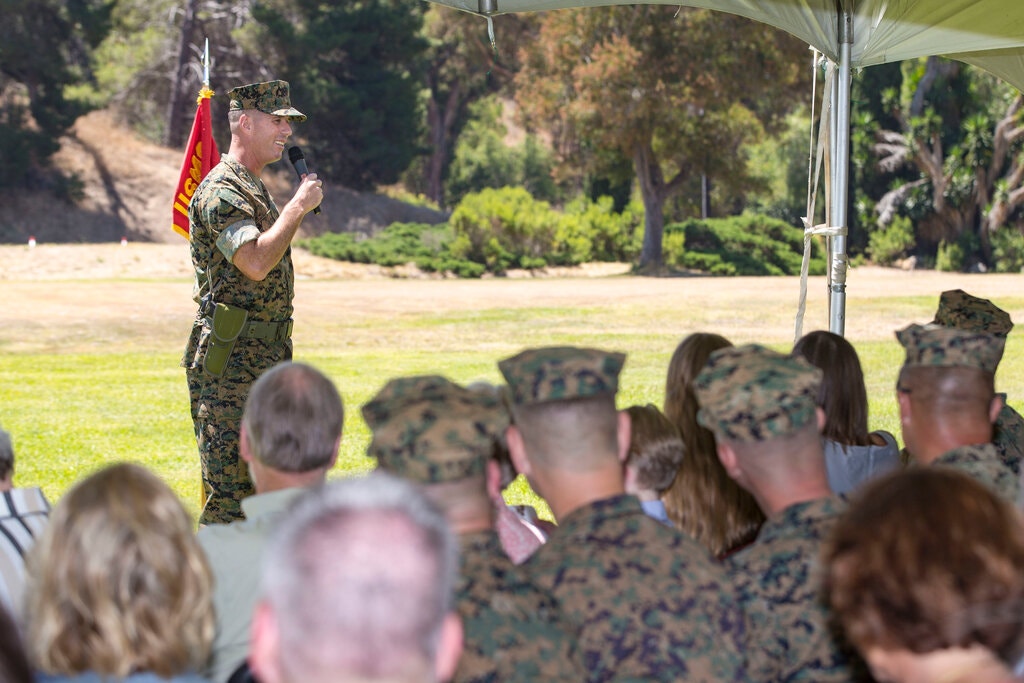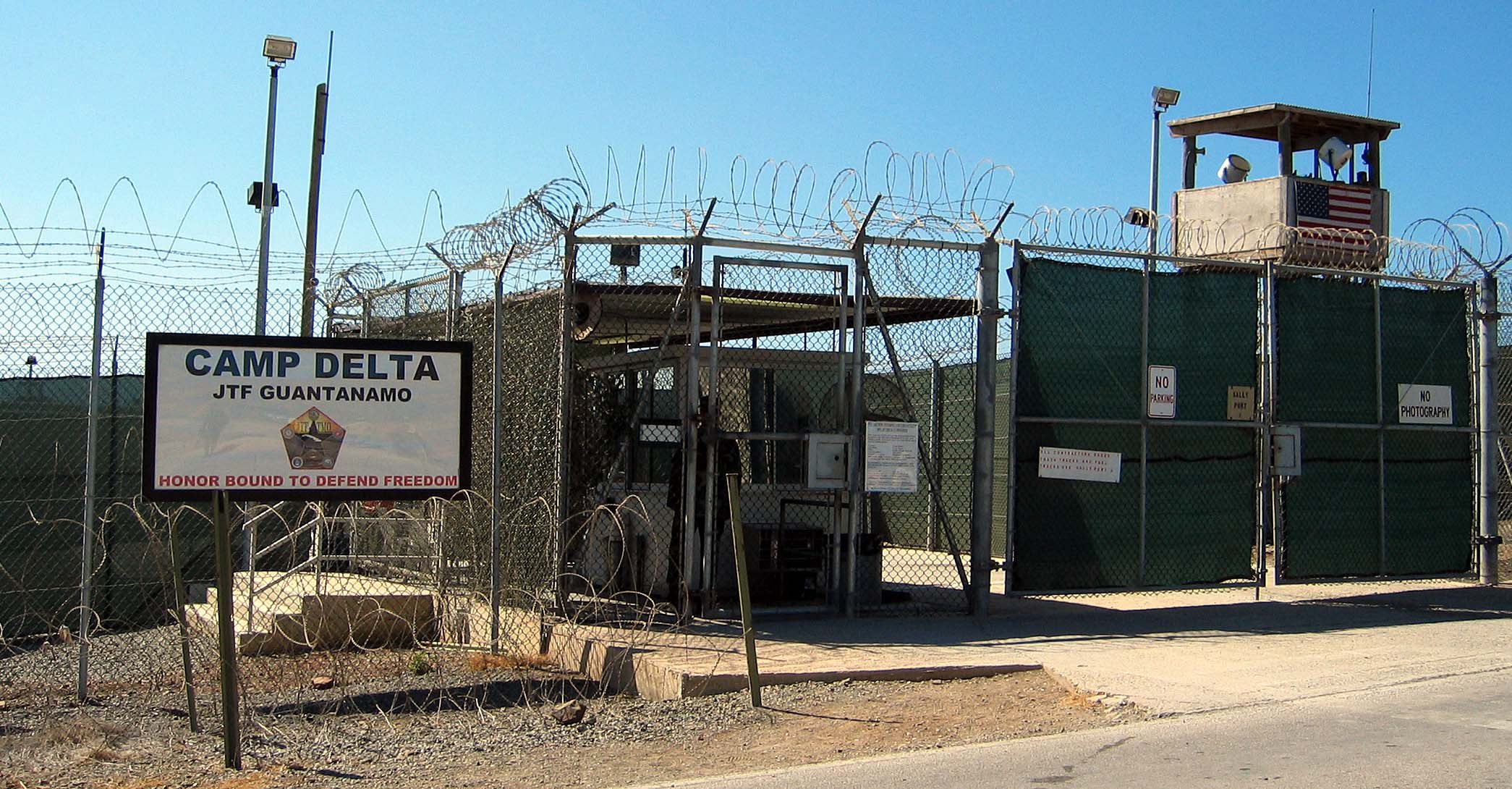
WASHINGTON — Just weeks after getting the job, a Marine judge who was assigned to preside in the long-delayed trial of five men accused of plotting the Sept. 11, 2001, attacks quit the case on Friday, citing a series of potential conflicts of interest.
"Since being detailed as the military judge in this case, I have become aware of a significant personal connection to persons who were directly affected by the events of 9/11," the judge, Col. Stephen F. Keane, wrote in a five-page recusal decision.
His departure is sure to delay the start of the trial at Guantánamo Bay, Cuba, past next year, the 20th anniversary of the attacks that killed nearly 3,000 people in New York, the Pentagon and a Pennsylvania field. Colonel Keane had already extended litigation-filing deadlines in the death-penalty case against Khalid Shaikh Mohammed and four other men, pushing the start of jury selection to Aug. 9 at the earliest.
Colonel Keane got the case on Sept. 17 and said that, upon reflection, certain jobs he had held in his Marine career, as well as family connections, led him to conclude that his serving as a judge in the case "arguably creates an appearance of bias," which would create a "significant appellate issue" if the case ended in conviction.
He cited a 2003-4 tour of duty in Iraq in which he worked for a task force that conducted investigations for the Guantánamo war crimes prosecutor. He also noted that he was raised in the New York area and had family members who were in New York on Sept. 11, 2001. And he said that he had a "close relative who retired from the Fire Department of New York long before 9/11."
Many of his reasons for recusal were evident in his public professional biography, which noted that he was raised in the Bronx and New Jersey and had spent a year at the Justice Department, working in a counterterrorism division whose lawyers are partners in prosecuting the Sept. 11 case at Guantánamo.
But he said that, since his appointment, he was able to more closely review "certain aspects of this case and analyze potential conflicts," and consult other judges and a judicial ethics adviser.
"In consideration of the fact that this case has been mired in lengthy, slow-moving and costly litigation," Colonel Keane wrote, "I would be remiss to be the cause of further delay whilst also sewing such a significant appellate issue into the record of this case. Maintaining the integrity of the process is my foremost concern."
One of the first things he did upon getting the case was to cancel hearings scheduled to take place at Guantánamo Bay in November and December, saying he needed time to review the record. He also planned to review a prosecution proposal to quarantine court personnel at the base before the hearings because of the coronavirus pandemic, which has forced the cancellation of every war court hearing on the docket since February.
Colonel Keane had replaced an Air Force colonel, W. Shane Cohen, who resigned suddenly in March after less than a year on the case. Colonel Cohen said at the time that the decision was in "the best interests of my family."
Including the chief judge for military commissions, Col. Douglas K. Watkins, who handled the case on a caretaker basis after Colonel Cohen left, five military judges have presided in the Sept. 11 proceedings since the defendants were arraigned in May 2012. Now it will be up to Colonel Watkins, an Army judge who retires next year, to assign a sixth military judge to the case.




